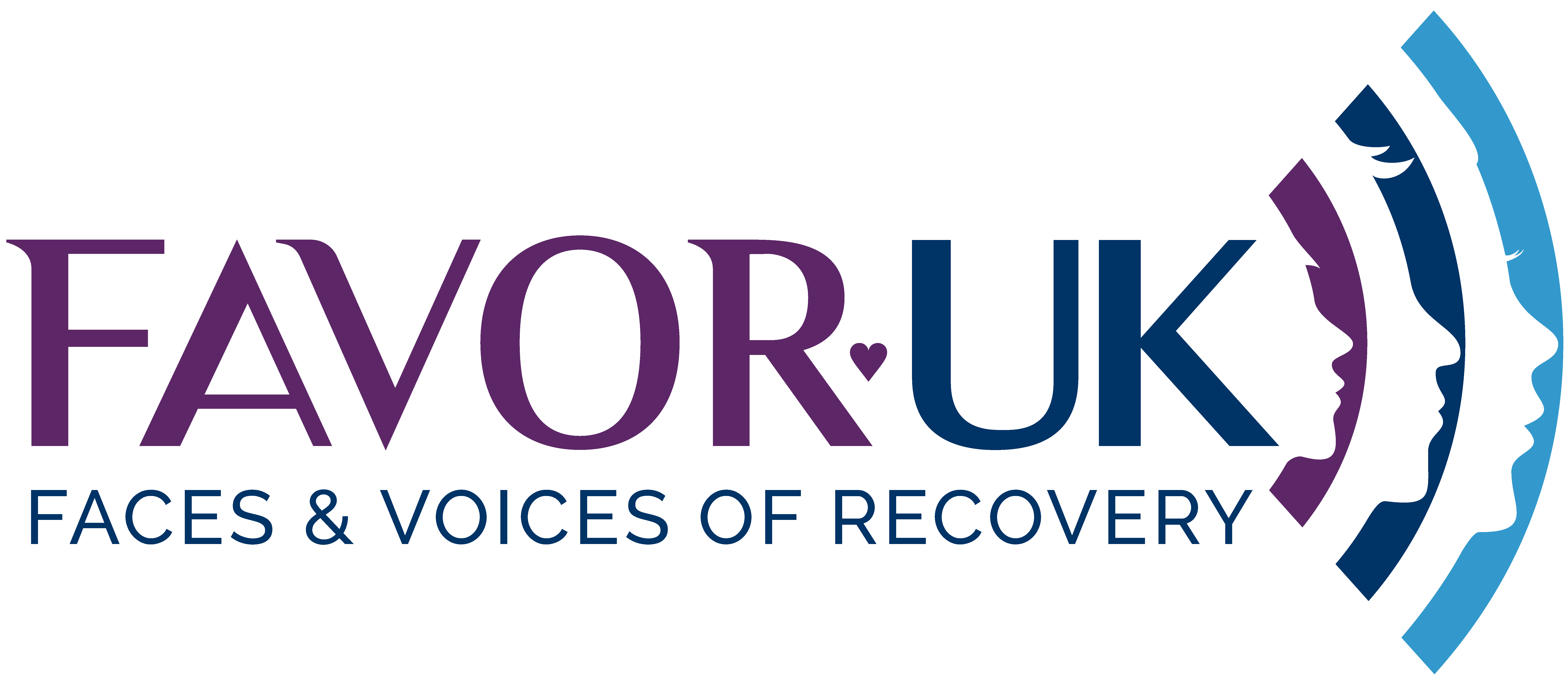Exposing the Flaws in Stirling University’s Drug Research, Funded by Elena Whitham
Stirling University’s two-year drug checking project, despite the backing of Scottish Drug policy minister Elena Whitham, reveals a troubling inadequacy in its approach. The project, which aimed to delve into drug use patterns, disappointingly managed to interview only 11 drug users. This number is shockingly low, especially considering the gravity of the drug use issue. If I were Elena, I would be questioning the value received for the funding provided.
Drug Checking Service
Had to dig deep to find this. The archive site is buried.
Organisation: University of Stirling
Amount Awarded: £300,082 Split over 2 years
Details of Project: Researching and developing key components of a new Scottish drug checking programme. This two-year project (18th Nov 2020-17th Nov 2022) aims to directly address two of the six evidence-based strategies identified by the Drug Deaths Taskforce to help reduce drug related deaths: targeting people most at risk, and optimising public health surveillance.
More info about Stirling Unis research projects can be found here https://www.stir.ac.uk/news/2020/august-2020-news/five-studies-launched-into-drug-related-harms-and-deaths/ The Stirling-led studies are among 10 projects – totalling almost £800,000 – announced by the Scottish Government, to inform the work of the Taskforce. The Taskforce was chaired by the University of Stirling’s Professor Catriona Matheson.
The study involved 43 participants, yet it seems to have favored professionals over the actual drug users. This imbalance is particularly evident in the negligible representation of female drug users and family members from critical areas like Glasgow; only one female drug user from Dundee was interviewed. Such a limited and skewed sample size seriously undermines the credibility and applicability of the study’s findings. It’s not just a matter of disappointment; this represents a serious misallocation of resources and is a disservice to those in need of actionable insights and effective solutions.
The underlying issue extends beyond this study, reflecting a concerning trend in the Scottish addiction research community. There’s a noticeable pattern of favoritism, where opportunities seem to be allocated disproportionately within closed professional circles. More alarmingly, there’s an ideological lean towards studying harm reduction strategies, overshadowing the broader spectrum of addiction recovery. While harm reduction is a vital component, its overemphasis comes at the cost of neglecting research into recovery processes.
If given the opportunity to influence research funding direction, FAVORUK would advocate for a fundamental shift in focus. Research should be directed towards a comprehensive understanding of what facilitates and sustains recovery from addiction. This approach would not only deepen our understanding but also pave the way for more effective, recovery-focused interventions. The current trend of focusing on studying the symptoms of addiction rather than the root causes and solutions of addiction must be challenged.
Moreover, it’s startling to see that a study credited to 13 authors managed to engage only 11 drug users. This significant discrepancy raises questions about the study’s methodological rigor and ethical integrity. One would expect a higher degree of accountability and professional responsibility from the authors.
This study exemplifies a broader, problematic trend in the field: a tendency for mutual endorsement among like-minded professionals, creating an ‘echo chamber’ effect. This not only limits the scope of academic inquiry but also hinders the progression of the field. When research priorities shift towards promoting personal networks and careers over genuine knowledge advancement, it does a disservice to the discipline and those affected by addiction.
It is imperative that a thorough examination be conducted of these projects, all of which can be traced back to the leadership of Catriona Matheson, the former head of the Drug Deaths Task Force (DDTF). Since its establishment in July 2019, the DDTF has presided over an alarming increase in drug-related deaths — a 12% rise, which starkly highlights the need for a critical evaluation and learning from its approach.
Additionally, the creation of the Minister for Drugs Strategy position in December 2020 has not brought about the necessary changes in drug policy or outcomes. This continued trend of escalating fatalities underlines the inadequacy of the current strategy. It suggests a fundamental rethinking is required in both leadership and approach to effectively address and reverse this grave public health crisis.
Link to the Scottish Drug Checking Project
[Additional reference: https://www.mdpi.com/1660-4601/19/19/11960


